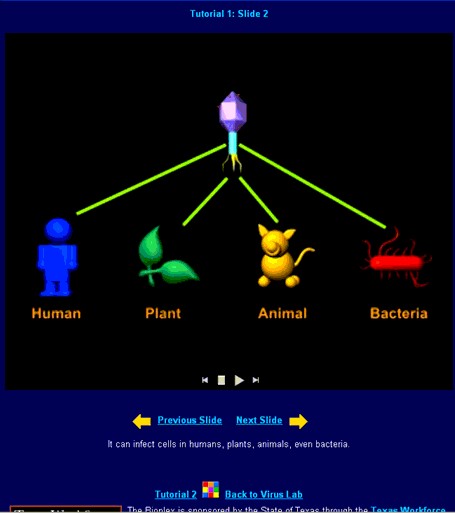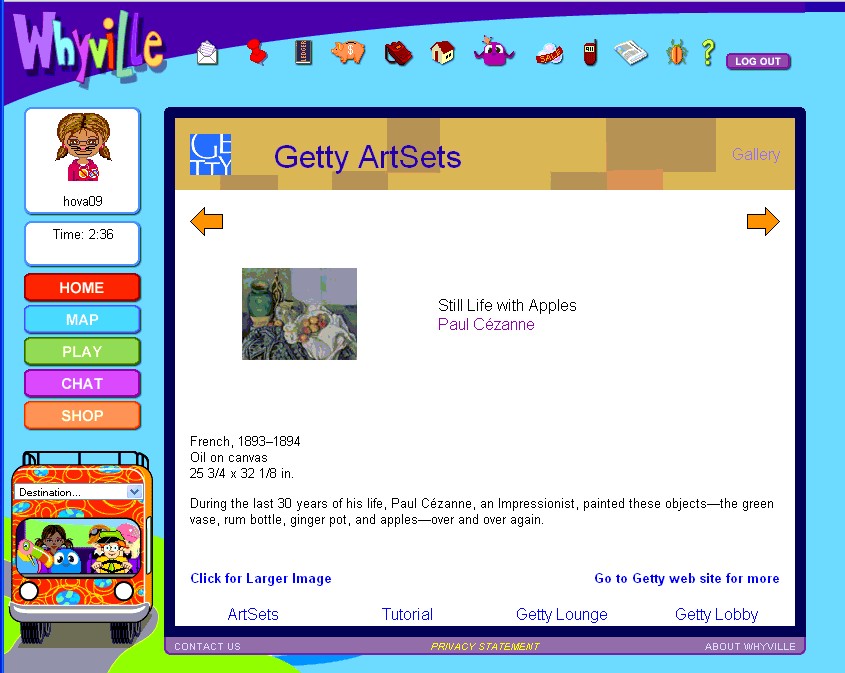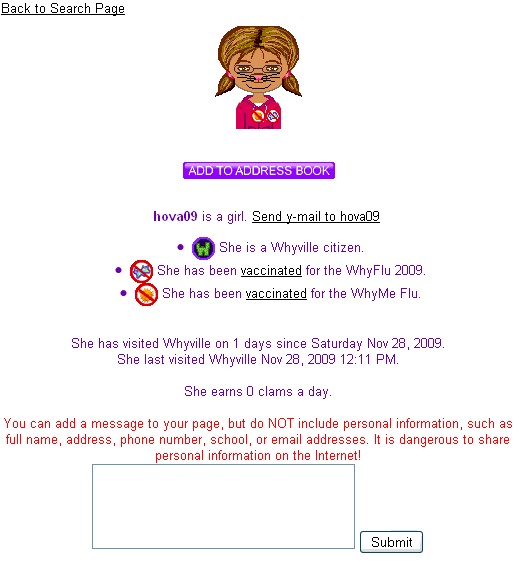Youtube Chaser: Autotune Natural Selection
[youtube]https://www.youtube.com/watch?v=hOLAGYmUQV0&feature=player_embedded[/youtube]
Google Buzz
I’ve been a terribly negligent blogger, but I’ve been saving some things up. First off, let’s talk about Google Buzz, since everyone else is also talking about it.
At this point, I just have my most initial personal reactions to Buzz, plus the mix of confusion and annoyance I’ve seen playing out amidst my own connections. First off, I find it annoying that there’s a lot of duplication. I loves me my Google Reader, and I have started getting things through multiple streams here. That is, when my friends share something through Reader, it shows up in Buzz. And then, if I comment on it (in either format), it then shows up in my Gmail inbox when someone else comments. Then I will also see it when it pops up again in my Reader.
Basically, Google is trying to force me to consolidate things I want to keep separate. Maybe I don’t want to share my comments with everyone in my email book — although Google has conveniently set up me with a group of followers, I use my Gmail account for both work and play. This is just one more way to muck up the line between personal and professional: in the records business, there can be serious consequences when these divisions are blurred. (Think of former Detroit mayor Kwame Kilpatrick.) Google Buzz isn’t creating this problem, of course — it’s just one more tool that could make it easier. The privacy settings with Buzz are also a bit fuzzy — I don’t like when it is hard to opt out, rather than just easy to opt in.
Buzz has been called Google’s response to Twitter. See, one of the brilliant things about Twitter is its simplicity: you use it to do one very simple thing. Of course, you can use those 140 characters for a lot of different purposes, and you can incorporate them in diverse ways, but the root is simple.
All this being said, I know I can be stubborn with new tools. I was slow to get into aggregators, because I really liked to go to separate websites and catch up on my blogs periodically. But, thanks to a gentle push, I gave Google Reader a try and now I just adore it. So, we’ll see.
Youtube chaser: Marley and Marley
[youtube]https://www.youtube.com/watch?v=VsiKOJOXMJU[/youtube]
Ghosts of computers past
It’s been a while. I have been meaning to post for nearly two weeks now, and yet here it is December 27. Apologies for the long silence, but what can I say? First it was a mad rush of final papers, then a train ride and excessive holiday baking and cheer. I’ve just been lounging the past few days, and am only now fully headed back to the Internet.
However, it was more than just general busy-ness that kept me away. See, right as I sat down to write my second-to-last paper during the last week of the term, my computer died.
Died, like, Jacob Marley, dead-as-a-doornail dead.
Which would have been disturbing, given the timing, even if I had backed up my data. That’s right. I didn’t back up my computer. Ever. Sure, I have a few thumb drives with key documents, but I never quite got around to getting an external hard-drive or using any comprehensive online storage. So, while my dad tells me I can probably salvage some of the data, I’m currently working from scraps of documents hither and thither.
This is pretty humiliating as an librarchivist, and just annoying as a computer user, but I’m telling this gruesome tale as a warning story to anyone who has bah-humbugged backing up records. It’s like Scrooge says: you must live in the future, present, and past. Take care, folks, and happy holidays.
Muppet Bohemian Rhapsody
[youtube]https://www.youtube.com/watch?v=tgbNymZ7vqY&feature=player_embedded[/youtube]
Welcome to Whyville
So, I’ve been having some technical difficulties which have kept me from getting too deep into Second Life. Until that gets cleared up, I wanted to try out some other virtual worlds. So, I started an account on Whyville, an educational world aimed at kids. (The Wikipedia article gives some context about the background: Whyville was started in 1999 by a company started by some folks from CalTech, and currently has about 5 million users.)
My interest in virtual worlds for kids was piqued by Eric Meyers’ presentation for National School Library Day about his research into these spaces. It was easy enough to create an account, and get my avatar all set up. There was no problem with my being an adult — I could still pick “student” and even pick “college” as my grade. In order to get my “Chat Certificate,” I had to answer some questions about appropriate use of chat — that is, if anyone asks my address, I need to click the 911 button to alert the authorities. (Eric had mentioned this sort of safety feature built into other worlds, so it was interesting to see it in action.)
Apparently it is flu season in Whyville as well. The homepage has an extensive description of the WhyMe and WhyFlu flus that are going around, even including a report summarizing the number of infected folks. Even though I doubt these flus can be fatal, I decided to get vaccinated anyway.

That’s me in the bottom left. It’s funny that it cost me five clams, though — I don’t completely understand the economy yet, but I don’t have a job yet. The only way I can make money is by playing games, I think.
You can also see at the bottom of that image that there’s a link to “City Records.” Be still, my archivist heart! I clicked on that link, and up popped a search box: fill in any user name, and you can get information about that person. So I put in myself (hova09) and this is what came up:
So, it’s more like a telephone directory, but at least it plants the idea of public records, eh?
I also played around in a virology lab. It was timely — just last night at dinner, a question had come up about what viruses are, and how they live…or just exist and reproduce. In the Whyville virus lab, you can design vaccines…but also viruses themselves. I found the games a bit obscure — you basically try to design a virus using colored squares — the more closely the colors you pick match the colors of the avatar you’re trying to infect, the better you do. It struck me as creepy, to be perfectly honest. Virtual bioengineering? But the tutorial about viruses was not bad:

It’s all self-paced, very simple, just images and text, no audio component.
In order to have a well-rounded experience, I wanted to check out some beaux arts in Whyville. Luckily, the Getty Institute has a presence, so I stopped by to see the goods. And I have to say, it’s amazing to see a Cezanne framed by neon purple and green.

You can blow up the image, by the way, but you can’t lose the border. There are prolific links to the Getty website. I tried to do an art treasure hunt, but it didn’t seem to have been completed.This disappointed me, especially because I could have earned 50 clams, easy.
I had a hard time getting anyone to talk to me. There was a lot of whispering going on — only one person said hello to me, and then she disappeared. Sometimes it’s lonely being an avatar.
“Archive” as a verb
In LIBR 559M, we’ve had some interesting discussions about the “archiving” of web materials, particularly things like Tweets. Dean pointed us to a thought-provoking piece in the Journal of the Society of Archivists, an exploration of the role of the National Archives in the 21st century. It raises some interesting points, but I was taken aback by this statement: “Jenkinson described archives in terms defined only by their content, not their purpose.” Am I misunderstanding this? Jenkinson defined as the natural residue of some activity: that is, you don’t make a record just in order to make a record. Which means he cared about the purpose of the record (the activity that created it) rather than the content (whatever information was in it).
Anyway, I bring this up, because like many in the ‘chival community, I cringe a bit at the use of the word “archiving” as a verb. The application of this term to just any old data also obscures the key fact that not everything that you archive is archival. That is, not every bit of information is a record, and not all of those records are bound for the archives anyway. I stick with Jenkinson on this one: a record is a document that was created or received and kept in the process of doing business.
That being said, in a way, the use of “archiving” is a flattering reminder of the importance of the work we do to preserve materials for future access. And, it’s important to admit that plenty of archives include non-record materials in their holdings. Realia, books, pamphlets, newspapers: all these things end up in archives. Why? Because they inform our identity and memory, maybe they
In this same issue of the Journal, there’s a lovely presidential address by Victor Gray titled ” ‘Who’s that Knocking on Our Door?’: Archives, Outreach and Community.” The UK has made some amazing initiatives in community archives which seek to empower communities to collect and preserve their own histories. These may or may not be records in the Jenkinsonian sense, the communities may keep the archives permanently, pass them along to a public institution, or simply disband the collection after time. Their definition of community archives is fascinating:
Broadly speaking, people think of projects as community archives either because:
- The subject-matter of the collection is a community of people. The classic example is a group of people who live in the same location, but there are ‘communities of interest’ as well, such as people who worked in a certain profession.
- The process of creating the collection has involved the community. Typically, this means that volunteers have played a key role, sometimes alongside professional archivists.
The point of these initiatives is not to force the public to swallow archival theory, but simply to celebrate and support community identity and memory. And, in a roundabout way, this is the sense in which I hope we find a way to “archive” our Tweets. We don’t need to keep them because they are records, but because they help inform our understanding of our community and our time.
Youtube chaser: Dance My PhD
[youtube]https://www.youtube.com/watch?v=xZS242l0Kks&feature=player_embedded[/youtube]
Interview: Ian Forsyth on social networking and privacy
For the fantastic course ARST 575B last spring, we took a field trip up to the SFU Archives and Records Management Department. The archivists there gave us an in-depth look into the impact of privacy and freedom of information legislation in a university records and archives environment. Among the most interesting examples they gave was this Social Networking Key Messages document created to guide students and staff in using social networking sites for university purposes. Ian Forsyth, University Archivist and Coordinator of Information and Privacy, explained that the use of sites like Facebook in classes or for other university business raised some concerns around the protection of student and staff personal information. The Archives and RM Department does a lot of outreach on campus, including acting as a resource for privacy and FOI concerns.
In the context of LIBR 559M, this document should raise questions for other institutions, including libraries, which choose to use social networking tools. I sent Ian a few questions about the process of developing these key messages. In addition to being University Archivist and Coordinator of Information and Privacy for SFU, he is currently chair of the Canadian Council of Archives. His answers are below.
1. What (or who) instigated the development of these key messages?
Facebook first became an issue at SFU in August 2007 when a professor asked our advice about using Facebook for a course. He wanted students to download their course enrollment information from the University’s Student Information System to share it via Facebook. We subsequently received a number of other requests for advice from various units in Student Services about using Facebook as an outreach tool for their programs (e.g., posting photographs of student volunteers and student events). As a result, a Facebook ad hoc working group was formed in late Fall 2007 and we developed the key messages/guideline document, which have been in effect since April 2008.
2. Who was involved in the process? What was the role of the Archives and RM Department?
The working group membership included our office, VP Legal Affairs, IT Services, Library, Learning and Instructional Development Centre, Work Integrated Learning Centre, Student Services, HR and Human Rights. The Archives’ role was to provide expert opinion and advice on how the provisions of the B.C. FIPPA applied in the circumstances of university employees and departments wishing to use Facebook as part of their program activities.
3. What has the response been from students, faculty, or other departments on campus?
There has been little response. Although we’ve had requests for advice from University faculty and staff about using Facebook we have never received a student or employee privacy complaint about it.
4. Do you have recommendations for other organizations setting up guidelines for the use of social media tools? Anything in particular for universities or for institutions in Canada?
When we started to receive requests for advice on Facebook we first researched it to confirm if it raised any real privacy protection issues, understand the issues raised by it in order to draw correct conclusions, and decide what course of action was needed. We studied the service by reading all of Facebook’s policies, privacy statements, terms and conditions (tedious but necessary work to be fully informed and be able to offer reasoned arguments and justification for our opinion and advice). As a result, we recognized that there were privacy protection issues with Facebook. We then decided to be proactive rather than reactive in order to get out ahead of the issue and develop the key messages/guideline. When it was generally understood that all Facebook data is stored on computer servers located outside Canada and that such storage is illegal without consent under the B.C. FIPPA, people generally accepted why the key messages document emphasizes that when University departments use Facebook it must be completely voluntary.
It was important to use an inclusive, consultative process when developing the key messages/guideline in order to foster a common understanding of the issues and buy-in by the key stakeholders primarily affected/involved in this process.
The specific policy position an organization takes depends on the jurisdiction in which it is located. As we know, privacy law provisions can differ in substantive ways from one jurisdiction to the next. This needs to be considered carefully. Also, in that context, an organization should also establish at the outset that it has jurisdiction to deal with the matter that is at issue.
You know you need to update your blog when your dad asks why you haven’t been posting
In 559M, we’ve been talking a lot about information overload. Weekly coursework includes a forum that’s just shy of the 1000 post mark, Twittering, blogging, reading, and other experimentation. (Of course, there’s no 3 hour in-person lecture to attend.) A day (or a few) off can mean quite an avalanche of messages awaiting your response. Sometimes that makes it hard to get started again.
I’m a fan of Preene, Nonnecke and Andrews’ statement that “many lurkers are not selfish free-riders.” If only for selfish motivations, of course. See, silence online can mean many things. It can mean that my wireless has gone out for a few days, or that I am just working through the content at a slower pace, or that I am totally lost. If I’m silent when I physically attend class, it may mean that I didn’t do the reading, or that I just am digesting information, or simply don’t have anything to contribute. Online silences are harder to differentiate. Lurkers lurk for an equally open number of reasons, but those do not get articulated through body language or other visual and verbal cues.
But I’m off lurking for the rest of the term. Scout’s honor, dad.
















